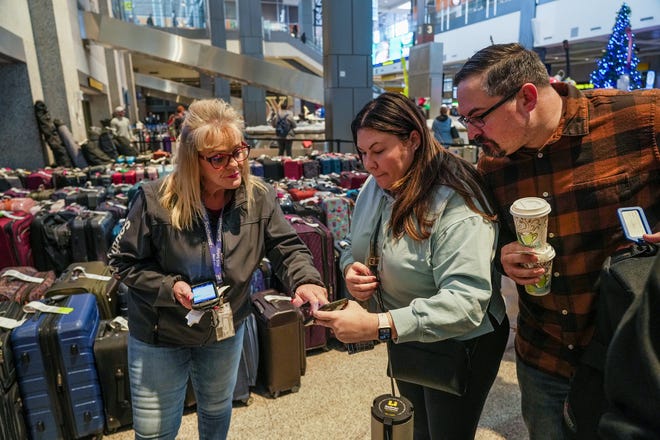
Johnny C. Taylor Jr.

Johnny C. Taylor Jr. tackles your human resources questions as part of a series for USA TODAY. Taylor is president and CEO of the Society for Human Resource Management, the world’s largest HR professional society and author of “Reset: A Leader’s Guide to Work in an Age of Upheaval.”
The questions are submitted by readers, and Taylor’s answers below have been edited for length and clarity.
Have a question? Submit it here.
Question: As a service worker, I’ve witnessed the general public treat me and others terribly. And lately, I feel it has become more frequent and intense and creates a more stressful environment. What should we do when customers exhibit intimidating and abusive behavior toward us? – Carlson
add a comment













